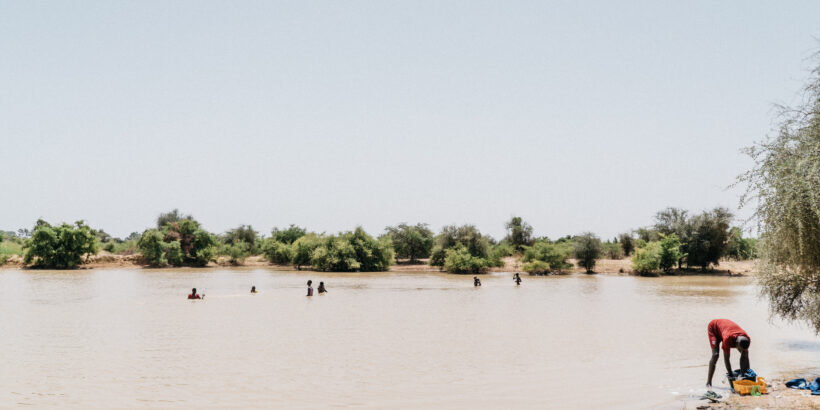The 9th World Water Forum, held in Dakar, Senegal from March 21-26, 2022, is the first of its kind to be hosted in sub-Saharan Africa. As a public health expert and epidemiologist supporting projects that aim to reduce water-borne diseases, I am proud to see my country and region lead the way in catalyzing action to improve access to safe water and sanitation. We must not only improve water quality and reliability, but also develop new paradigms for safe water and sanitation. In doing this, I believe we can meet the challenges of the future and form a foundation for prosperity.
Safe water for West Africa
According to UNICEF, West and Central Africa is the only region with an increasing number of people who practice open defecation. This practice often leads to contaminated water supplies that spread diseases. Indeed, more than a third of all people in West and Central Africa lack access to safe water. Millions drink untreated and potentially contaminated water that can give rise to waterborne diseases such as typhoid, cholera, and diarrhea.
Safe water, sanitation, and hygiene (WASH) interventions – in integration with vaccines – are critical to preventing the spread of waterborne infections. Solutions such as water treatment or filtration, installation and management of toilets and sanitation systems, and education about handwashing can save lives and protect people from the physical, mental/emotional, and financial consequences of disease.
Frustratingly, our region’s progress toward increasing access to improved sanitation and safe water has been very limited. Less than half of the region’s schools have access to water. Fewer than 40 percent have access to adequate sanitation. WASH services in healthcare facilities are also limited. And the realities of climate change, rapid population growth, and political conflict pose further risks to WASH access in our region and world.
Urgent action is imperative. Especially so for women and girls, whose safety, health, and education are disproportionately impacted by a lack of WASH.
New paradigms for WASH
It is my hope that Senegal’s people will benefit from the commitments that come out of this Forum. It is also my belief that the global community will benefit from Senegal’s insights and ideas on the future of water and sanitation.
The old paradigms for WASH development are not working. We need new ideas to meet the needs of the future. As a country facing tremendous WASH challenges, Senegal is home to many pioneering WASH efforts. These innovations offer lessons for the world. As one example, Senegal’s national Program for the Structuring of the Fecal Sludge Market (PSFSM) aims to solve Dakar’s sanitation challenges through an innovative public-private partnership. The PSFSM provides high-quality, inexpensive mechanical latrine emptying services to consumers, while also ensuring sustainable wages for sanitation workers.
The 9th World Water Forum is an opportunity to spur sustainable action for improving water safety, quality, and access. It is taking place at crucial moment for our country, our region, and our world. Other nations in West Africa and around the world can look to Senegal’s successes as examples of how government, the private sector, and individuals can work together to improve water and sanitation for all.
Photo: People swim in a lake created during the rainy season in Matam, Senegal. PATH/Gabe Bienczycki



